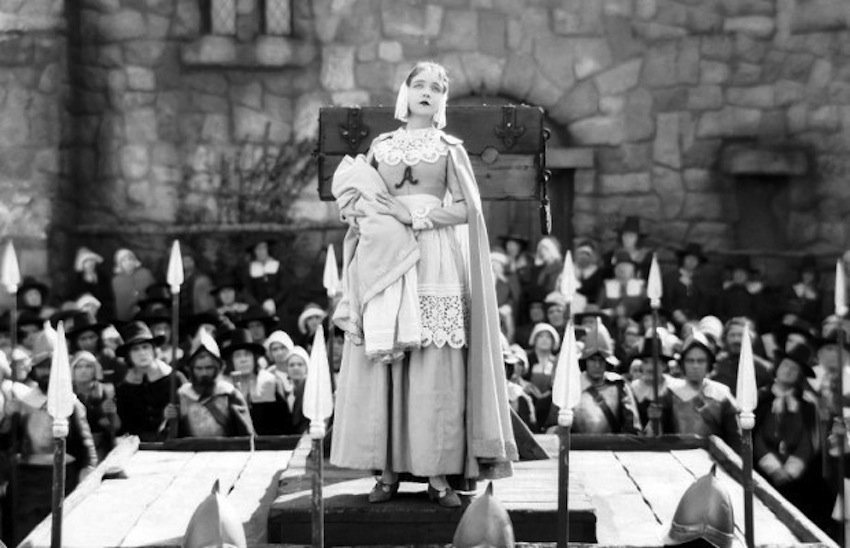Is Massachusetts the Capital of Public Shaming?
Boston and Massachusetts are the originators of many things: basketball, peanut butter and fluff, America. Are we also, though, the founders of a darker strain of American culture? Are we the first and best practitioners of public shaming?
A perusal of the week’s journalism suggests that we are, at the very least, partly to blame for America’s fascination with publicly punishing those who have done wrong. In the New York Times magazine, Jon Ronson writes a very good excavation of what happens after a person becomes the object of the entire internet’s scorn. He follows the saga of Justine Sacco, a P.R. professional who wrote a poorly considered tweet about the AIDS epidemic in Africa, then watched her life implode. Ronson notes that public shaming isn’t an advent of the internet age. No, as Nathaniel Hawthorne could tell you, it started long before that. His reading of colonial Massachusetts newspapers found plenty of examples:
On July 15, 1742, a woman named Abigail Gilpin, her husband at sea, had been found “naked in bed with one John Russell.” They were both to be “whipped at the public whipping post 20 stripes each.”
Marriage disputes were, apparently, a frequent cause for public shaming. At Boston.com, Hilary Sargent tells the bizarre history of airing one’s spousal grievances in newspaper classified ads. (Just in time for Valentine’s Day!) She writes:
For more than 300 years, newspapers ran advertisements from men publicly announcing their wives had left them, and that they would no longer “be responsible for her debts.”
Sargent reports that the first known example occurred in, you guessed it, Boston, when Christopher Lawson posted notices warning others that “none should trust” his wife, as she had plans to “blemish my name…and ruine my estate.”
Though whipping, classified ads, witch hunts, and scarlet letters have more or less fallen into history, our state’s contribution to public shaming hasn’t. In Ronson’s study of internet shaming in The Times, several Massachusetts examples arise. Perhaps you even remember them. There was Lindsey Stone, a 32-year-old Massachusetts woman who lost her job after flipping off the camera in a photo with Arlington National Cemetery’s Tomb of the Unknowns. “She barely left home for the year that followed, racked by PTSD, depression and insomnia,” Ronson writes. There was the woman who dressed as a Boston Marathon survivor for Halloween. She lost her job, too.
If you write about Boston on the internet, you know that there are plenty more examples where that came from. There was the Harvard professor who overzealously pursued a Chinese restaurant for advertising the wrong prices this December. There was the BMW driver who parked his car in front of a fire hydrant in November. There are any number of T riders who have been photographed breaking the social contract.
It’s easy to see why Twitter-shaming has caught on as a national past time. None of these people’s offending action was particularly defensible. It feels good to point to bad behavior and call it out as wrong. It feels great to see justice done to someone who does something insensitive. But Ronson’s point, and Hawthorne’s before him, is that there isn’t much due process in the act of public shaming. Worse, his portrait of women like Sacco and Stone suggests that the sheer, Titanic-weight force of shaming the internet usually outweighs the original crimes … by a lot.
It makes sense that we’re particularly good practitioners of public shaming in Boston, where we’re known for our loud mouths and moral stridency. But Massachusetts, of course, didn’t actually invent public shaming. It’s an impulse much older than colonial America. In the writing about the practice, though, there’s no shaking the fact that our Commonwealth’s name comes up an awful lot. If we didn’t invent public shaming, we’ve certainly embraced its practice throughout our history.

